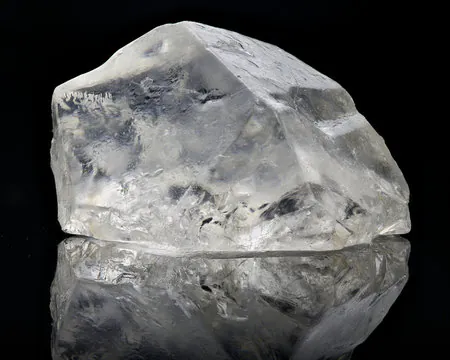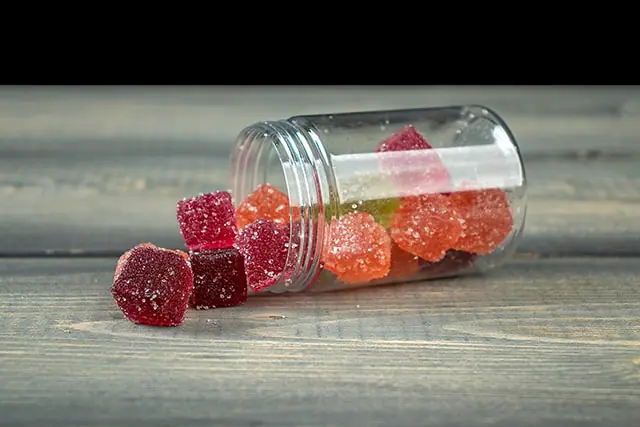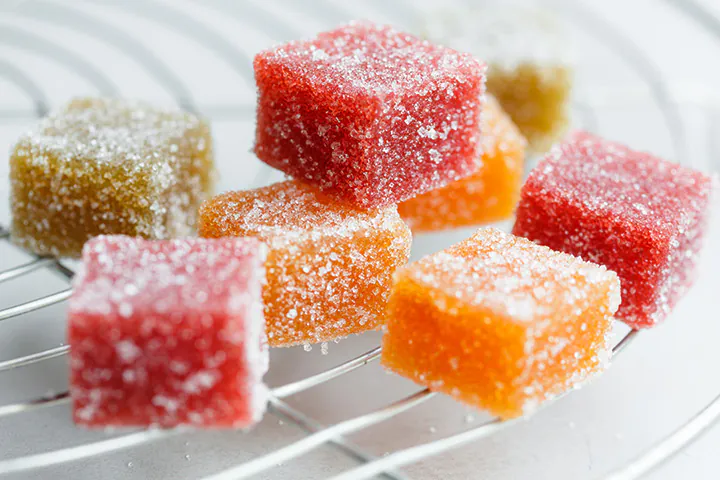Delta-8 THC is an organic molecule present in cannabis and hemp plants. This cannabinoid, like its famous family members, CBD and Delta-9 THC, has acquired substantial popularity in the hemp business. Despite its dubious legal status, some people utilize Delta-8 THC for its mild high, and purported advantages.
Unfortunately, Delta-8 THC levels in cannabis or hemp plants are modest. So, how are manufacturers meeting the rising demand? Delta-8 THC synthesized in a lab has emerged as the ideal solution. It is not only less expensive for producers and consumers, but it is also reasonably simple to manufacture.
What is Delta-8 THC?
Delta-8 THC is one of more than 130 cannabinoids identified in cannabis Sativa plants, but it is not abundant. According to the Food & Drug Administration (FDA), high levels of delta-8 THC are typically generated from hemp-derived CBD.
Delta-8 THC is a psychoactive compound that is less potent but structurally related to delta-9 THC, the compound that produces an intense high and is commonly known as THC.
It is also referred to as delta-9 THC’s gentler younger sibling. Delta-8 THC may deliver many of the same experiences as delta-9 THC.
How Plants Produce Delta 8?
Cannabinoids all start off as cannabigerolic acid. CBGA, also known as the mother of all cannabinoids, transforms throughout the plant’s life cycle into every organic cannabinoid known today, from THC to CBD and so many others. Genetics, environmental exposures, and stress can influence these biological transformations.
Because cannabinoids have nearly similar molecular structures, transferring this natural inclination to transition from one to the other into the laboratory is relatively simple. Long before Delta-8 became famous, lab chemists used the same conversion methods to turn normal cannabinoids into uncommon, exotic ones. This concept is now being used for Delta-8 THC.
Delta-8 is present in many cannabis strains, albeit in extremely low concentrations. Extraction and purification of Delta-8 from raw plant material with less than 1% of the required cannabinoid are unprofitable. As a result, manufacturers have begun transforming other, more common cannabinoids like CBD and THC to Delta-8. However, this is not the only cause for the increase in Delta-8 production.
Another cause is the burgeoning CBD business. With a surplus of CBD now flooding the markets, producers have discovered that they have not only excess CBD but also excess Delta-9, owing to THC remediation techniques. CBD and Delta-9 are both excellent candidates for conversion into Delta-8. Delta-8 is now more profitable than CBD. Furthermore, it falls under a legal loophole and avoids the same punishment as its predecessor, Delta-9.
How Is Delta 8 Made in Labs?
The conversion of CBD to Delta-8 is not a novel procedure. This isomerization process has existed for many decades. Through a chemical process, both THC and CBD can be converted into Delta-8 THC. CBD, on the other hand, is a more straightforward procedure with less solution cleanup and byproducts at the end. As a result, the following steps concentrate on CBD.
Dissolve CBD into Solvent
Unlike other cannabinoid extraction procedures, such as ethanol-based approaches, Delta-8 THC conversion necessitates the use of a non-polar organic solvent. Alkanes such as heptane are common solvents.
Add Acid into Solvent Mixture and Stir
Incorporate acid into the solvent solution. Maintain the mixture at 100 degrees Celsius while constantly stirring for up to 18 hours (stirrer hot-plate required). Alumina acid-washed, p-toluenesulfonic acid, and hydrochloric acid are all popular solvents.
Different Solvent-Acid Combination
There are plethora of various combinations that can all convert CBD to Delta-8. Each formula produces a unique set of results. The chemical reaction can take anywhere from one to 18 hours, depending on the combination. It may also produce various byproducts and leave a range of residues that must be cleaned up. There are two options: hydrochloric acid in ethanol or sulfuric acid in cyclohexane. Toluene and p-toluenesulfonic acid are two other choices.
Washed and Dried
Once the chemical reaction is done and the upper phase has been separated, the solution must be washed and neutralized. Washing with an aqueous 5 percent NaHCO3 (sodium bicarbonate) solution is recommended by experts.
Testing
The optimum testing process is high-performance liquid chromatography (HPLC). Throughout the procedure, testing is essential to ensure purity. Conversion is never 100% accurate. A variety of byproducts will always exist. Experts advise being open and honest with the testing laboratory about the procedure and formula used to ensure they utilize the most suitable residuals tests.
Conclusion
There is no delta 8 THC-rich cannabis strain available. While delta 8 is a natural compound, its low concentration in cannabis plants renders direct extraction prohibitively expensive. Instead, most businesses make delta 8 THC products with hemp-derived CBD. Hemp companies can produce low-cost delta 8 THC extracts using a simple conversion method and laboratory tools.
It’s worth mentioning that delta 8 THC goods are still very new to the cannabis industry. Methods for extraction, conversion, and testing are constantly evolving. Always acquire delta 8 cartridges wholesale or other products from reliable brands, ideally ones that have transitioned from CBD or produce delta 8 THC as a complement to their CBD line. Such corporations already have extraction experience, making them a safe choice.




